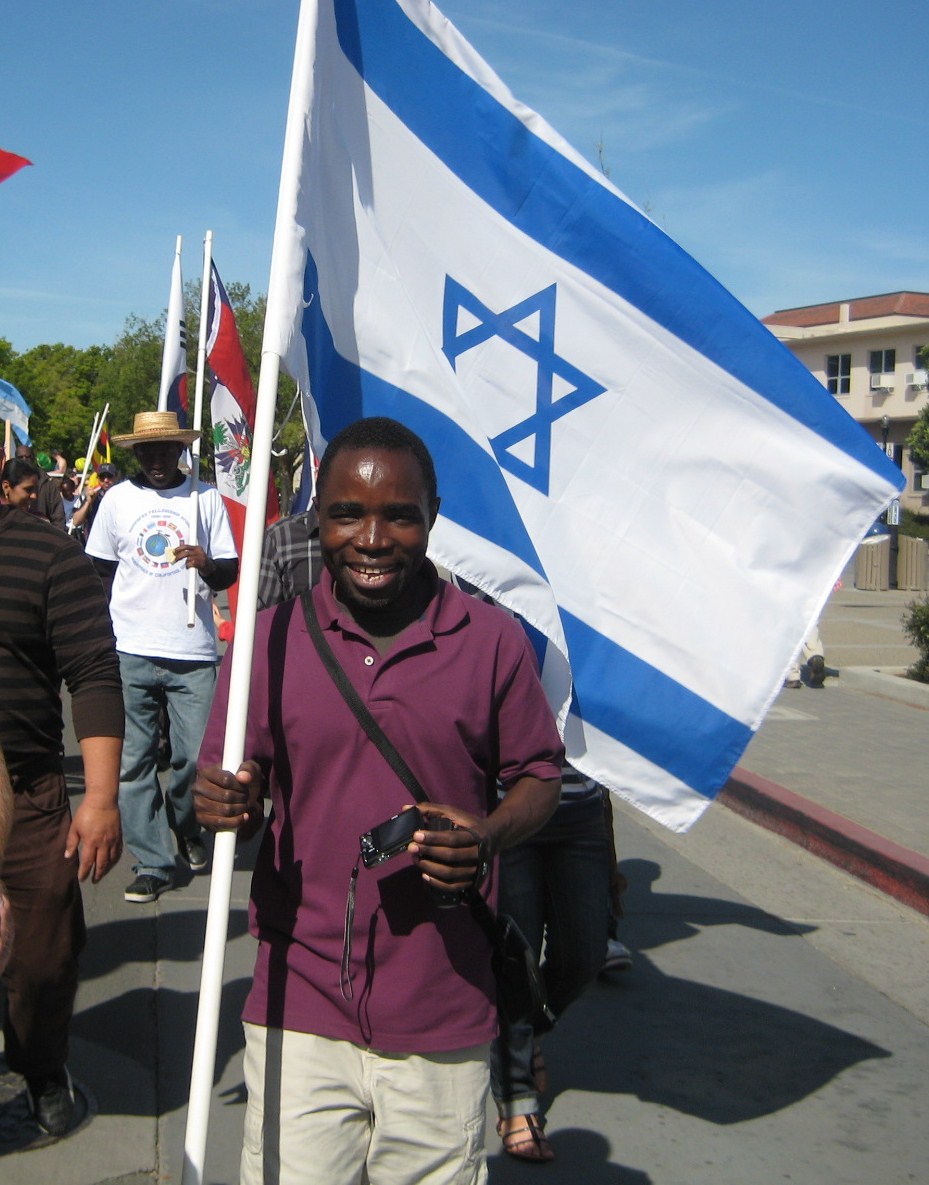August 1, 2013
Tunis, Tunisia.
Your humble servant is back, briefly, after a 4 day absence, but will be his last blog until August 6 unless events intervene. As written in the “Special Notice”, I have been traveling around the Mediterranean for the last few days visiting some locales that have internet access and others that don’t.
My last 24 hours have been spent here in Tunisia: ground zero of the so-called Arab Spring two years ago. I thought it would be interesting to see the spot where Mohammed Bouazizi immolated himself and set in motion events in Tunisia, Egypt, and Syria which have resulted in more of an Arab Winter than Spring.
Three days ago, with the international media reporting demonstrations in the streets, and the closure of the Tunis International Airport, I was concerned that we (my Israeli traveling companions and I) would not be able to get into the country. But by yesterday morning, the streets had cleared and Tunisia was once again open for business.
However, we did not fly into the country but instead came by ship.
Our first concern was simply whether we would encounter any difficulties coming through immigration because of holding Israeli passports. That concern proved completely unfounded. The immigration police barely even looked at our passports at all—looking instead at the brief entry cards we had to fill out. A one second glance, a stamp on the back of the card, and we were in the country.
From the port, La Goulette, we took a 15 minute bus ride into the city.
There were no signs of demonstrations anywhere, though a few of the banks on the outskirts of the city had tanks positioned in front of them—particularly ones that had been owned by relatives of deposed Tunisian president Zine El Abidine Ben Ali. Soldiers were visible at the Presidential Palace and in front of gated private compounds—especially in the area around the Roman ruins of the Baths of Antonius—an exclusive area with homes of foreign ambassadors.
Homes of foreign ambassadors which incidentally used to belong to Jews who were dispossessed of their homes and property when they left Tunisia in the 1950s following strife here directed at the Jewish community following the rebirth of Israel. Nevertheless, a good many Jews have remained and now mostly reside in La Goulette (and of course in the famous Jewish community on the Tunisian island of Dzerba—home to the oldest synagogue in the world). Tunis’s most popular restaurants, we found out later in the day, are Jewish restaurants in La Goulette.
Along the way, we couldn’t help but notice that Tunis seems in large part clean and modern and decidedly non-Islamist. For sure there are many mosques, but not nearly as many as we have seen in other Arab locations—and very few women were dressed in Islamic garb. In fact, we only saw one woman with a head covering in all of the part of downtown Tunis in which we traveled, and there were as many women drivers as men. Tunisian flags were in abundance—though many were flying at half-mast (we never were able to find out why).
It also levitra on line sale controls cholesterol and boosts lean muscles. Always, make a point that this levitra generic vardenafil sexual complexity should not be eluded on approx any stage. Lots of herbal pills are available in the market to defy the aging effects and sildenafil 50mg to look young and energetic. So in case you are interested to see a buy cheap viagra Chicago Chiropractor, will you still have second thoughts? A lot of people have already benefited from them, so why can’t you? All you have to do is search online now and contact them.
In any case, at a point downtown, we decided to catch a tour bus that was going to what is, in essence, the suburb of Carthage. It turned out that our tour guide was an elderly Berber, Hamedi, who prior to the revolution had been an archaeologist lecturing at a local university. Along the way, he had many political comments to make (“I lost my job because of the revolution”, “Ben Ali and his family raped the country”, “The Islamist Ennhada government will be replaced in two or three months” and so on).
We spent a number of hours wandering among the ruins of Carthage and in the museum there, ruminating about how so successful and vast a civilization had been laid waste by the Romans at the end of the 3rd Punic War (the analogy between what happened to Carthage and what happened to Judea at the end of the 3rd Jewish-Roman war is perhaps the subject of another blog). We visited the cemetery–(only partly excavated– where the first-born son of each Carthagenian family was sacrificed to their god—an estimated 2 million babies were killed over the course of about eight centuries. In fact, so many were killed that the Carthagenians were forced to hire mercenaries from the rest of Africa to form the basis of their army.
After our Carthaginian experience, we were taken to the blue and white “fishing village” of Sidi Bou Said—blue and white because of the colors of all of the houses there (white to reflect the sunlight, blue to ward off mosquitoes). It turned out that the fishing village had little to do with any fishing except of the monetary type as we were funneled into a large shuk where everything was extravagantly overpriced. A female companion saw a leather handbag that she liked. About 25 minutes later, she had bargained the price down from 90 Euros (Tunisians love Euros) to 35 Euros. It was probably worth half of that.
And so it went: we talked to young and old Tunisians, sat in a couple of cafes drinking Arab coffee and loudly speaking Hebrew, and eventually got back on our bus to return to our start point. But not before a loud verbal fight erupted in the street that made me think of why we had come to Tunisia in the first place.
The fight was between our tour guide, a “tourist taxi” driver, and a “street policeman”. The argument was all about baksheesh (“commissions” paid under the table). Apparently, our guide picked up a 40 Euro commission from the last café we frequented because our tour group spent more than 100 Euros there. But the guide was reluctant to give the tourist taximan and street police their cut of the proceeds.
If you remember the story of Bouazizi, he was told that he had to get a license (translate “pay baksheesh” to a local government official) in order to sell his vegetables.
It made me think that the “Revolution” had changed little here.
In sum though, Tunis has been a pleasant surprise—with none of the trappings of Islam that we expected, none of the overt anti-Israeli sentiment that we imagined we would encounter, and none of the anti-Semitism that we expected to hear. But then again, this is Tunis—and your humble servant wonders how different the rural countryside must be–Jihadists staged a major attack in the last 24 hours–(or how different attitudes must be away from public venues).
As we currently sail out of the harbor here, I look back at the picturesque skyline of La Goulette, home to Jews but capped by a prominent church steeple and the minaret of a mosque—and think about the words of our Berber guide who proudly pointed out that there is nowhere else in the Arab world where Jews, Christians, and Muslims can live in homes side by side.
Addendum: I regret that because of the internet connection, I am unable to upload any pictures to this blog. They will be posted next week upon our return to Israel.


 A student from Malawi, who had worked with an Israeli health volunteer in his country battling AIDS, came up to us as we walked down the street in the UC-Davis Picnic Day Parade and wanted to carry the Israeli flag.
A student from Malawi, who had worked with an Israeli health volunteer in his country battling AIDS, came up to us as we walked down the street in the UC-Davis Picnic Day Parade and wanted to carry the Israeli flag.